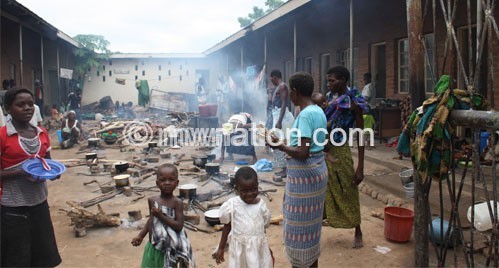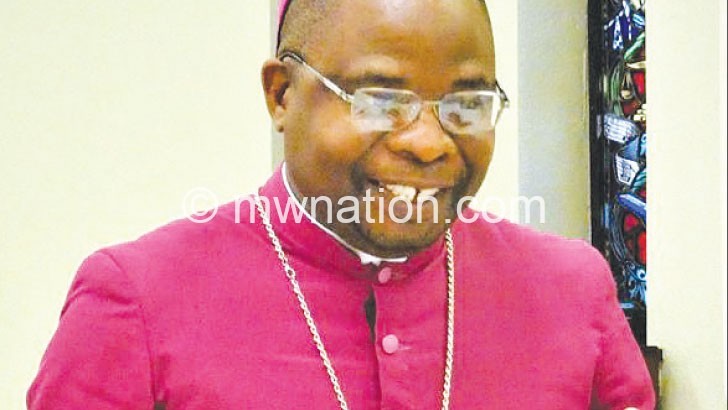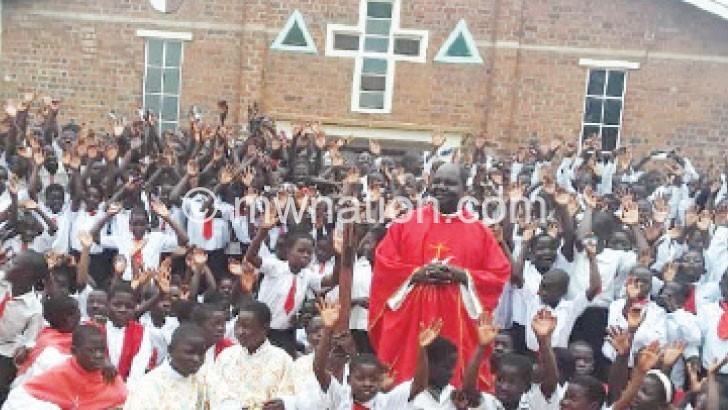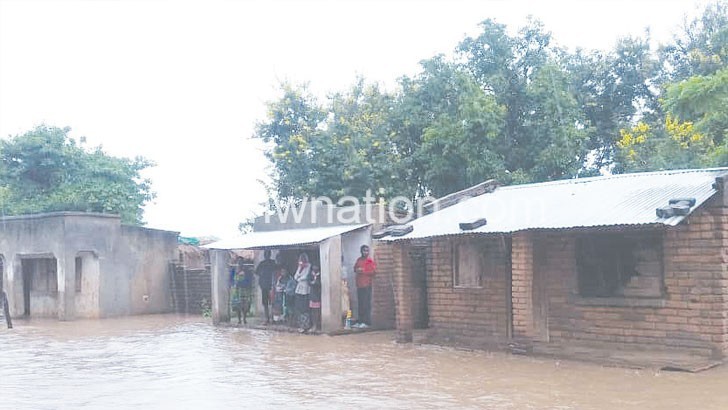Preaching gospel of climate change

Cecila Nyakhuwa, 45, is worried that despite her area being densely populated with pastors and prophets, none of them is organising a crusade against the evils that man has perpetrated against nature.
Nyakhuwa, who comes from Group Village Head (GVH) Chapinga in Traditional Authority (T/A) Mlolo in Nsanje, believes global warming is a fall from the grace of nature.
“Religion can only be relevant if it actively participates in reducing, managing and mitigating the effects of natural disasters such as floods,” argued Nyakhuwa, who is also chairperson of Chapinga Village Civil Protection Committee (VCPC).
She is saddened that some doom-mongers are taking advantage of global warming to mislead innocent people.
Nyakhuwa said since climate change provides exciting visual impressions, some pastors use scary prophesies based on speculative theories and unproven computer models offered as articles of faith.
“But the truth is that climate change is neither nature’s retribution for human audacity to multiply and survive nor God’s retribution for belonging to a wrong congregation. “Throughout human history, people have had to adapt to climate change—some long, some severe, and many unpredictable,” she said.
And just like those in history, the people of Chikhawa and Nsanje have been blaming themselves for bad seasons, believing they invoked the anger of the gods or spirits of their forefathers.
Nyakhuwa said this is the reason faith leaders need to step in to sensitise people on what causes global warming and not scare them with unfounded facts.
Secretary of Chikhwawa Diocese Catholic Development Commission in Malawi (Cadecom) Raymond Chimsale said although the church is the right institution to take on climate change, climate protection is not viewed as a religious issue because some people attach accusatory terms to the topic.
Chimsale said churches have the potential to shape opinions and serve as role models on issues of climate change.
“And because we often speak about climate change in accusatory terms, a lot of people tend to think about the church as a negative force rather than a solution to problems. However, the church remains the best platform for discussing and reflecting on existential questions that climate change often poses,” he said.
Chimsale said the diocese has begun engaging faith leaders in its disaster preparedness and response project to help believers understand God’s will for them.
He said climate change provides an opportunity to make traditional religious themes more tangible—to make the church part of the answer to problems that modern society faces.
“Climate change is raising religious questions in a new way: what is our position in nature, in the world and in the cosmos? What kind of time frame are we acting in and thinking in?
“As climate change continues, we are in the process of destroying the foundations of our civilisation – through changes in the way we use land and consume water. What makes us capable of change? What gives us hope? Besides our individual existence, what enables us to have a future? Climate change has raised existential, religious and maybe
even unexpected questions, in an environmental context,” said Chimsale.
He said it would be interesting to see how, with the wealth of traditions Malawians have in Christianity or Islam, these newly posed questions could be rethought, debated and acted upon.
Chimsale said the project, which is being implemented in Traditional Authorities (T/As) Tengani and Mlolo with funding from Oxfam Malawi, is strengthening best practices of empowering disaster-prone communities by letting them develop their own integrated early warning systems (EWS) to enable people easily follow in reducing danger.
Pastor Edson Falakezo of Buleya Pentecostal Assemblies of God said the Cadecom project has helped him to understand his role in protecting his members from natural disasters.
Falakezo said until the programme was launched early this year, he did not know that the Bible mandates the clergy to advise and guide their faithful on issues that directly affect their livelihoods.
“As a pastor, I have to do all I can within my capacity to help my faithful escape any type of disaster. I don’t want to be answerable to God simply because I failed to warn people on imminent disasters that may destroy their livelihoods,” he said.





